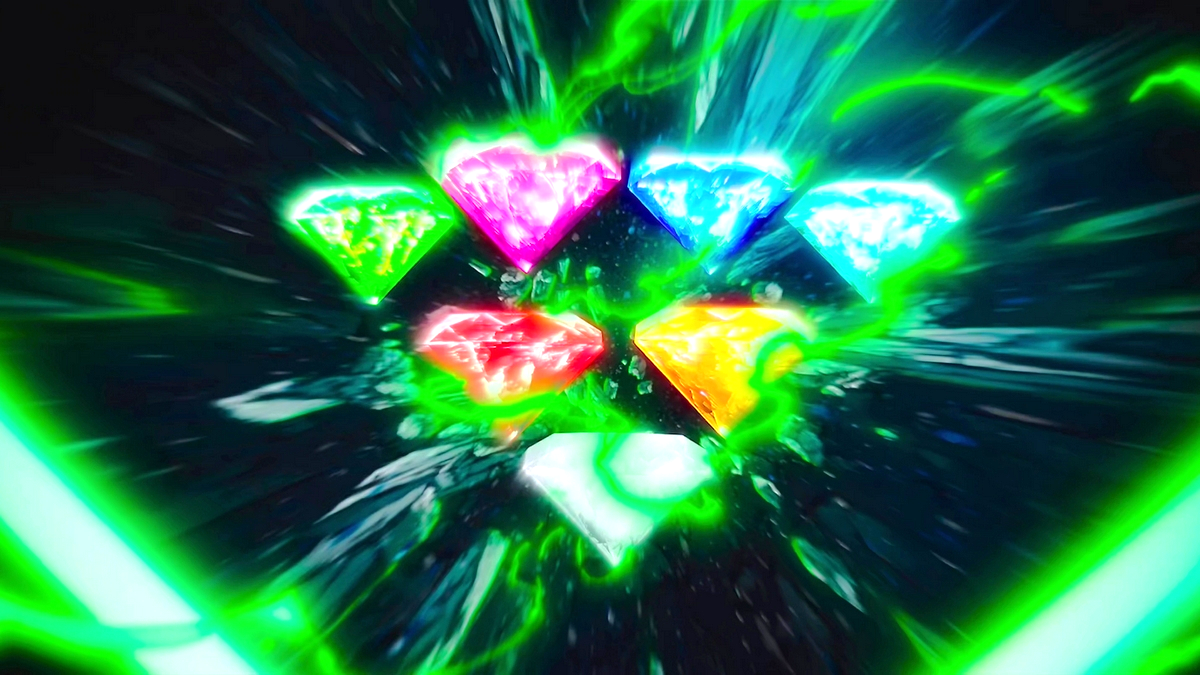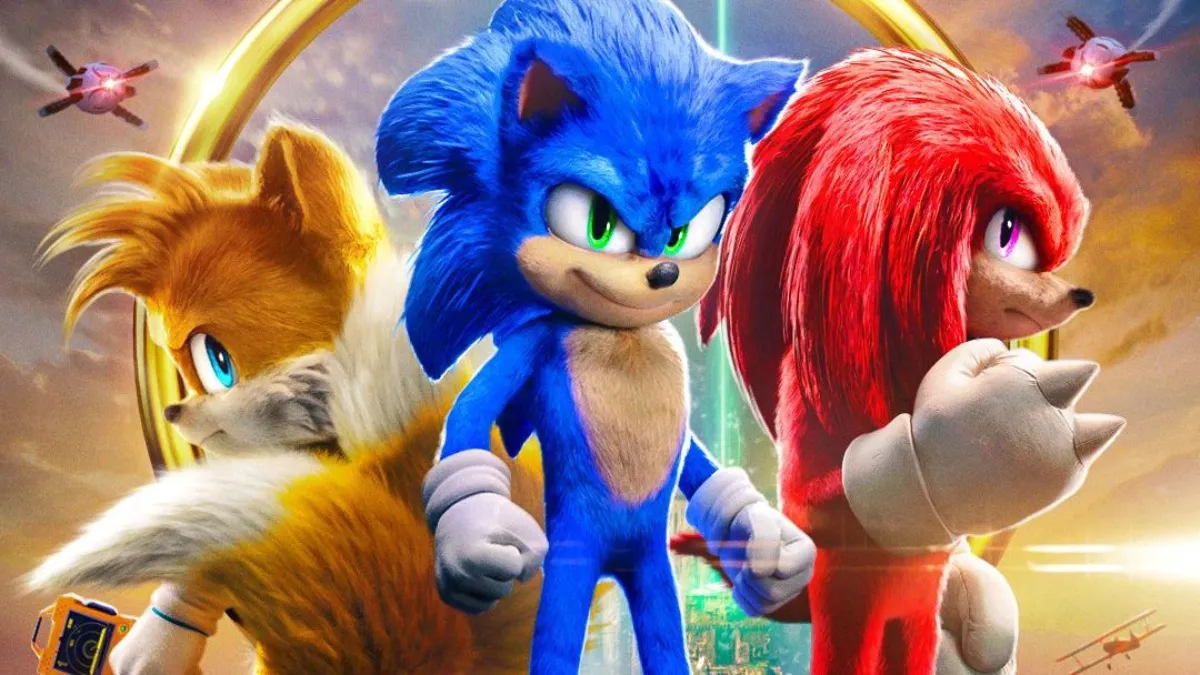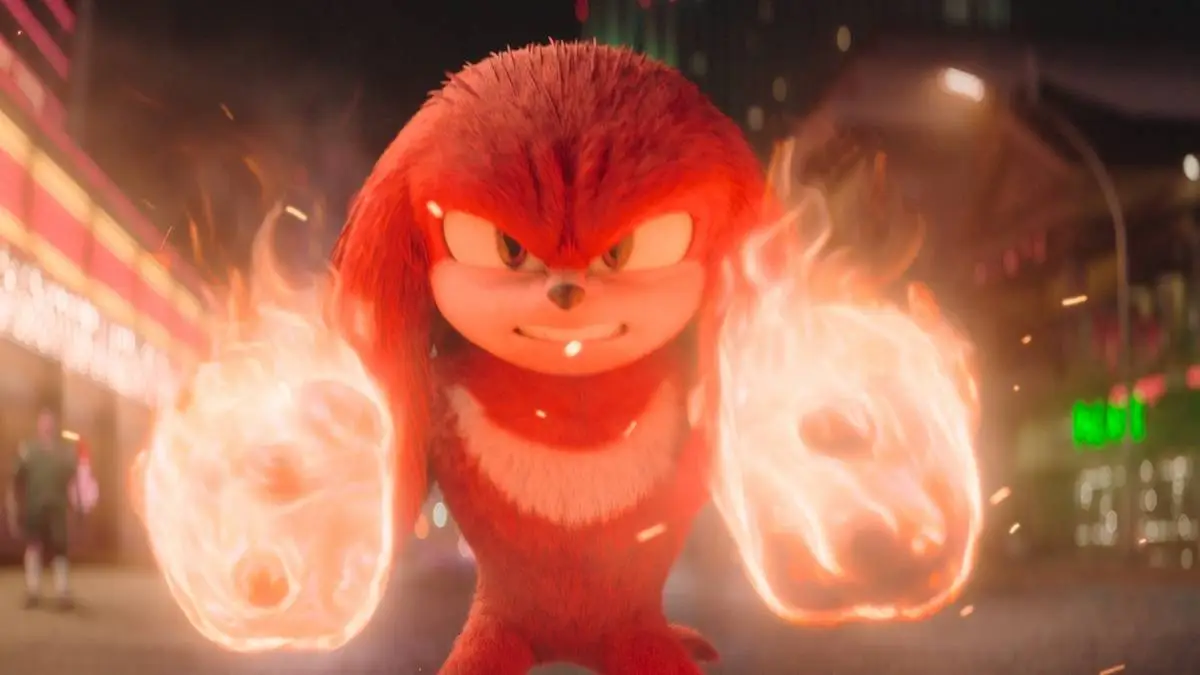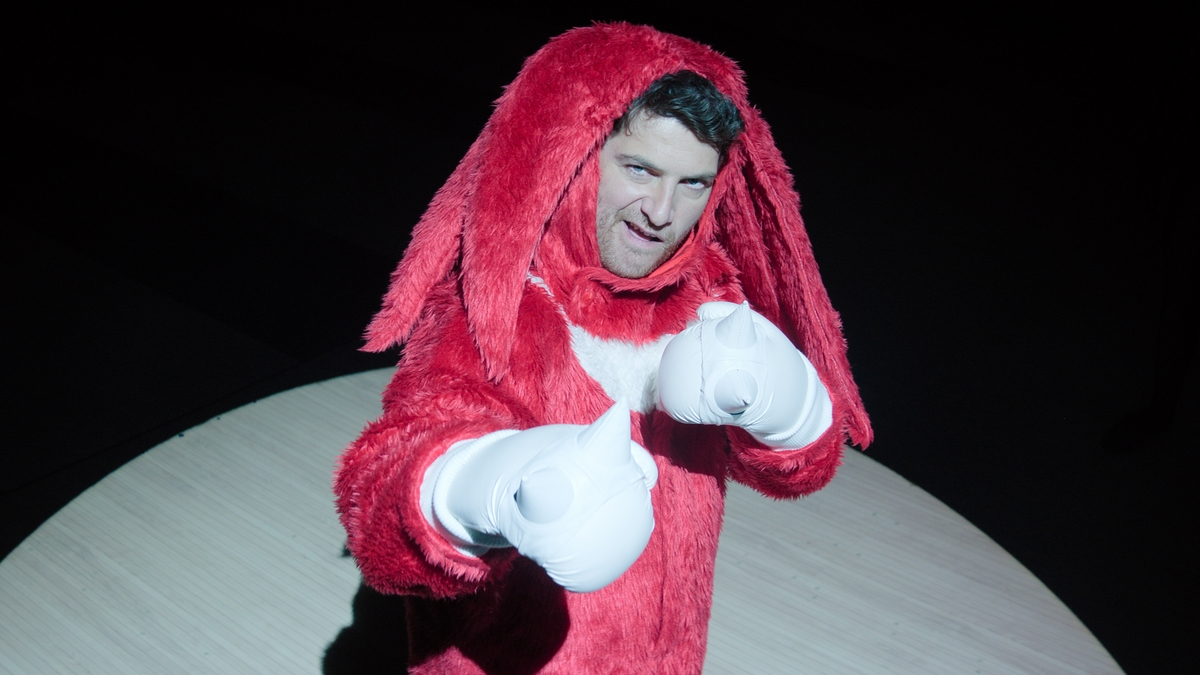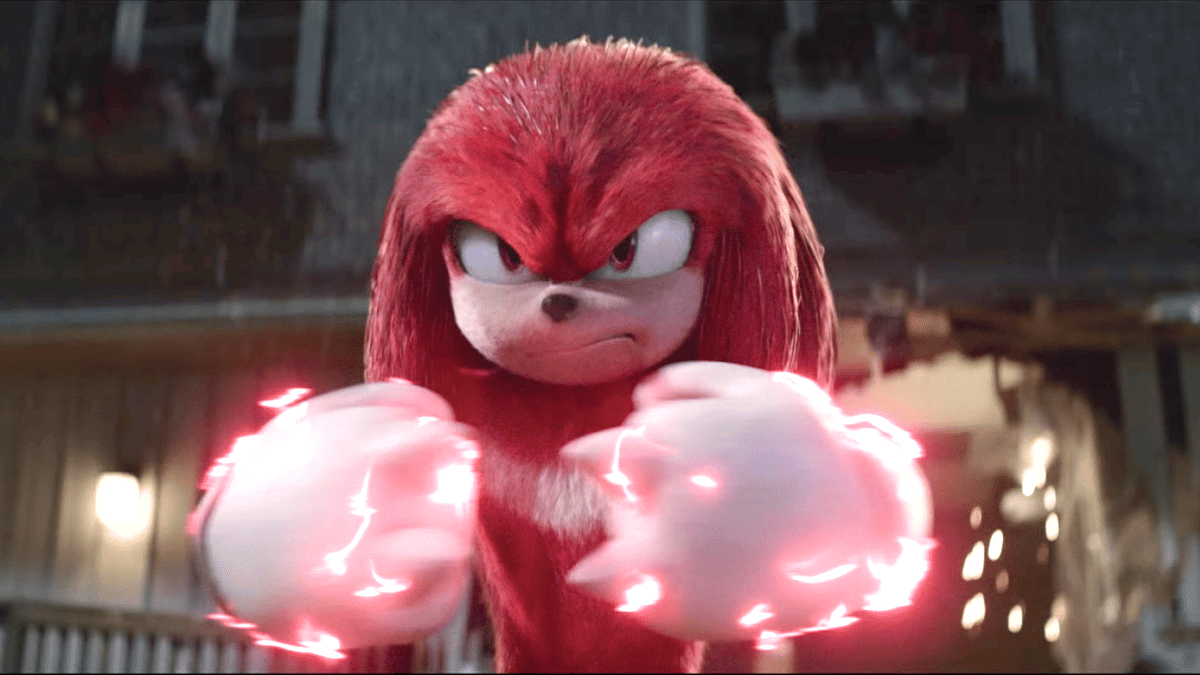When I first saw Josef Fares, director of A Way Out, it was at Geoff Keighley’s Game Awards shouting “F*** the Oscars!” at a live audience of over 100,000 viewers. I, like many others, was in awe. This was a man with true passion who believed in his vision, one who might provide the kind of shake-up this industry could always use. Known for the highly-regarded title, Brothers: A Tale of Two Sons, Fares is known for creating compelling stories with two lead characters (though in that game, both were controlled by a single player). I was excited to see what kind of story he would tell, and how his game would challenge the common conception that video game narratives are often much weaker than those of films or novels.
Tragically, I see almost none of that man in A Way Out, a game so blasé in its writing I almost would’ve believed the script was randomly generated by AI. Our anti-heroes have protagonist-friendly criminal pasts that have landed them in the slammer and have to work together to escape. That’s where both players must find ways to outsmart guards, climb laundry chutes, and steal cop cars until they’re free. The players’ ultimate goal, however, is to take out the elusive antagonist Harvey, who’s about as well written as a Saturday morning cartoon villain.
To its credit, A Way Out uses splitscreen impressively, dynamically shifting the dividing line one way or the other depending on which character has focus in a particular segment. It’s also paced in such a way that during some sequences, the players have constant perspective on each other despite being far apart. This is really a testament to the co-op focused design, rather than being a feature that was shoehorned in as an afterthought. The screen is always split between the point of view of our protagonists Leo and Vincent, the former of which is hot-tempered and snarky, and the latter more down to earth and focused. If you thought that sounded pretty generic, that’s because it is.

For a game that sells itself as a narrative-focused cinematic action-adventure, A Way Out features some abysmal writing. And I don’t just mean incredibly stilted dialogue, featuring gems such as “See that guard over there? I hate him!”; I mean in a narrative sense. Early in the game, Vincent helps Leo fend off some thugs (sent by Harvey) who are (literally) trying to murder him. Afterwards, Leo warns Vincent to “stay away” from him. Alright, I get it, Vincent is new here and Leo doesn’t trust him. But in a scene that occurs just a few minutes later, Vincent rescues Leo again in a cafeteria brawl, after which Leo thanks him profusely. There were no other scenes featuring the two together in between these encounters. It was jarring that Leo would suddenly pull a 180 on his response to being helped by Vincent.
At times, the script itself feels awkward and unnatural. Conversations with various inmates can feel borderline nonsensical, as they usually involve a sob story without much substance and little world-building. Leo’s blunt and humorous tone got a few laughs out of me, but most of what’s here is rigid as a board. This isn’t helped by the dialogue choices, of which there are almost always two, and neither of which really seemed to make a difference.
Once, when Leo was asking two guys to get out of his way (they were pretending he wasn’t there), I was prompted to either ‘Show Force’ or ‘Help Them Hear.’ I selected the latter option, which featured Leo slapping them both with comical restraint as they backed down with “Okay, okay!” When it came to Leo, physical or verbal bullying of others almost always got results, making the world and it’s inhabitants all the less believable.

On that note, a lot of A Way Out feels unbelievable, and not in the good way. There were constantly situations that left me and my co-op partner thinking “what?” For a small, spoiler-free example, imagine two men on the run from a battalion of police hot on their heels in… a rowboat. The scene abruptly cut away, presumably so we didn’t think too hard about how exactly that was going to work out for them. The convenience of Leo and Vincent’s escapades might be at home in a B-tier buddy crime movie, but here they do nothing but erase any tension A Way Out would’ve benefited greatly from.
It’s not all bad, though, because when A Way Out really opens up and lets Leo and Vincent explore its world, it truly shines. The two can compete in musical minigames, baseball, basketball, and even a friendly game of Connect Four throughout their journey. It gives brief pauses that feel whimsical when contrasted with the firefights and car chases that bookend them. Me and my co-op partner spent longer than I thought competing in these little diversions, and where the writing failed to build the bond between Leo and Vincent, these segments helped to bridge the gap.
The wonderful co-operative stealth and action scenes also benefit greatly from this sense of camaraderie. This allows for both players (and characters) to bond while helping each other overcome some tricky challenges. Some killer context-sensitive button prompts also help to make the world feel far more interactive. Whether fixing up a broken down truck or paddling the magical rowboat through treacherous white rapids, when everyone just stopped talking and the players’ actions took the lead I truly felt A Way Out began to find itself both in a gameplay and narrative sense.

With that said, my biggest problem with A Way Out is that its ‘chapters’ (though they aren’t called that) are never given room to breathe. It’s a game afraid to follow through on its own good ideas; throwing the players from one set to the next without much transition. Even the lauded gas station robbery scene, from conception to payoff, took about three minutes. I didn’t feel like I was going on a tense heist, I felt like I was running an errand. A Way Out isn’t afraid to shuffle you along from scene to scene, and before long, it beings to ruin the flow of whatever narrative was present in the first place. Rather than building on some interesting exposition, such as the relationship between Vincent and his wife, the game felt too eager to show us what was next. The game also features numerous non-interactive cutscenes, something Josef Fares himself has criticized as bad game design.
A Way Out fails to offer the thrilling narrative that was promised and propped up by Fares’ rant at The Game Awards. What it does, however, is offer a unique take on the seemingly long-lost philosophy of couch co-op. It creates moments that aren’t experienced much in the age of modern gaming, where developers are pushing for bigger and bigger scope (just look at the battle royale genre). The joy of having just one person who you literally need to finish the game with can’t be overstated. There are better narrative-driven games, and there are better co-op games, but I find myself hard pressed to think of one that does both as gracefully as A Way Out. While let down by its writing, it’s worth your time if you’re looking for an adventure that can only be shared with someone else.
This review is based on the PlayStation 4 Pro version of the game, which was provided to us by Electronic Arts.


